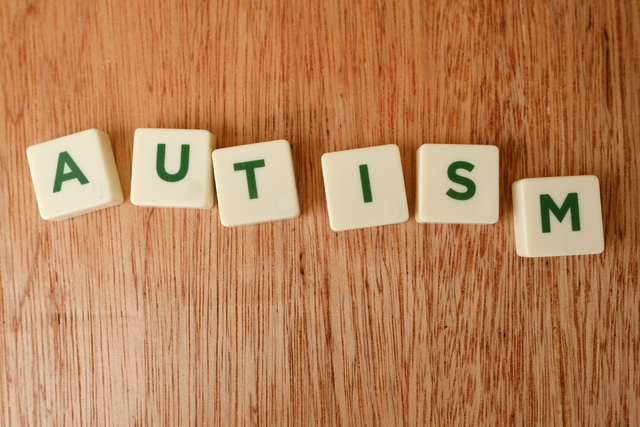Autism, also known as autism spectrum disorder (ASD) is a neurodivergent condition that affects how individuals communicate, interact, and process information.
It is a spectrum disorder, meaning that its manifestations can vary widely in terms of severity, symptoms, and the challenges it presents.
The Australian Bureau of Statistics reported that there has been a significant increase in autism diagnosis from previous years.
This rise is partly due to better awareness and improved diagnostic practises.
Understanding the condition, its impact on children, and the support systems available is crucial for fostering an inclusive society.
Autism is typically identified in early childhood, although signs might not be noticeable until the age of two or three years.
Children with autism often exhibit challenges, generally in two main areas: social communication and interaction.
These can manifest in various ways, such as delayed speech development, difficulty in making eye contact, understanding social cues, peer relationships, preference for routines and certain peculiarities in behaviours, and restricted interests.
Some children might also have heightened sensitivity to sensory inputs like sounds, textures, lights etc.
Intellectual functioning in children with autism can vary significantly.
Autism is a complex condition and generally needs a multidisciplinary team’s input to make a diagnosis.
If you have a concern, see your doctor and the initial consultation can determine the need and type of further input from various allied health specialist such psychologists, occupational therapists, speech therapists etc as there are significant out of pocket costs for these assessments.
Information provided by allied health practitioners is taken into consideration by paediatricians or child psychiatrists to formulate a diagnosis.
Sometimes multiple consults are required to reach a conclusion.
Autism can also co-exist with ADHD, anxiety, emotional regulation issues, behaviour issues, and intellectual problems.
Children with autism face a wide range of challenges that can impact their development and quality of life.
These challenges not only affect the children themselves but also their families, schools, and communities.
In Australia, a variety of services and support systems are available, depending on the location and individual needs.
Many organisations such as Autism Spectrum Australia (Aspect) provide resources and educational support to help children develop essential skills.
Additionally, the National Disability Insurance Scheme (NDIS) offers funding for therapies and interventions tailored to individual needs.
Schools in Australia are increasingly equipped to support children with autism.
Special education programs and inclusive classroom strategies aim to provide a conducive learning environment.
Teachers are trained to recognise and accommodate the unique needs of students with autism, ensuring they receive the support necessary to thrive academically and socially.
Remember ASD is a spectrum, and children might lie anywhere from the milder end to the severe end of the spectrum, with or without other associated conditions.
Understanding and supporting children with autism is crucial for their development and integration into society.
With continued awareness, improved diagnostic practices, and evolving support systems, Australia is making significant strides in creating an inclusive environment for children with autism.
If you have any specific questions or need more detailed information, feel free to discuss it with a health professional.
Call Cardinia Paediatric Specialists on 5924 3010.








